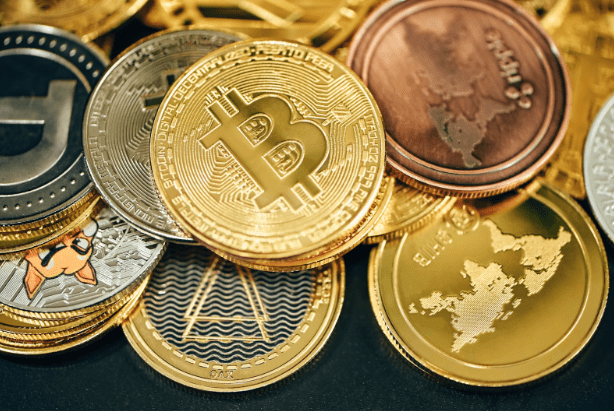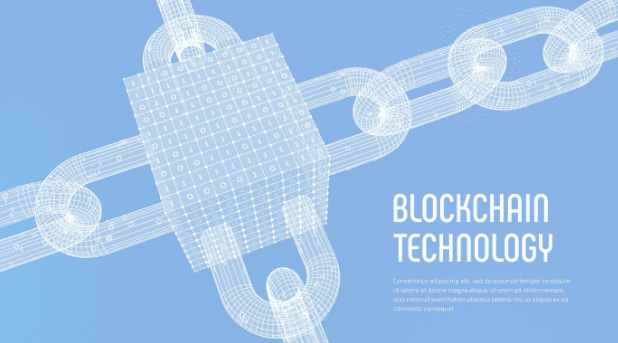The adoption of blockchain technology is revolutionizing the market for assets within video games, particularly football simulation games. Transparency, security, and ownership of blockchain make it not just a buzzword but a tool for real success. It’s revolutionizing players’ engagement with non-physical assets, opening up a new world where every piece of virtual property is real.
Table of Contents
Blockchain Fundamentals and Virtual Commodities
Blockchain works as a digital record where each record is checked and approved by various parties to the transaction and the assets. In football titles, this means that in-game assets, such as player cards, virtual stadiums, etc., are no longer pixels—they are assets with real value that players can own. Just think about the protection that this guarantees. It is the same as going to cricket betting online and wishing to know that your bet is secure. Blockchain ensures that your digital assets are your property, to be bought, sold, or used as you wish, without reliance on title servers. This makes in-game investments more appealing and safe because it is a new level of trust that wasn’t introduced in the gaming world before.

Advantages of Blockchain to the Game Developers and Players
The application of blockchain in gaming offers multiple advantages:
- True Ownership: Players have complete ownership of their assets, assets that are recorded on a blockchain, not only in a game.
- Transparency: It is easy to monitor every transaction that takes place and avoid issues of fraud or manipulation.
- Interoperability: The assets can be utilized again in other games or even on other platforms.
- Enhanced Security: Encryption employed in blockchain makes it difficult for hackers to penetrate or replicate assets.
These benefits make gaming more enjoyable and create new economic possibilities for both players and developers, thus making the digital market more dynamic and reliable.
Applying Blockchain to Football Games
Using digital ledgers in football titles is not a fashionable move but a transition to a new level. Blockchain is being integrated as a way of making sure that in-game assets are easily and securely authenticated and transferred between players. Just as it is here interacting with https://www.instagram.com/_officialmelbet/, where honesty is a hallmark, blockchain creates additional trust and immutability, changing the essence of gaming.
Real-Life Applications of Blockchain in Football Games
The use of blockchain in football games is still in its infancy, but the early ideas are not difficult to see. This is well illustrated by the case of Sorare, which is a fantasy football game in which player cards are NFTs. This means that users have real ownership of assets that they can trade using other assets with real money value. Another is FIFA, which embarked on the manufacture of digital tokens using a digital ledger to produce limited-edition digital assets for fans to own. The case studies presented below demonstrate how blockchain not only provides value to the gameplaying experience but also provides economic value and connects the virtual and the real economies.
Perceived Blockchain Assets by Users
Players who are in a position to own or trade fractional ownership in football titles that use blockchain note that their perceived worth of the games’ assets is revolutionized. Unlike many other games where assets are limited within a particular virtual space, blockchain grants players the right to buy, sell, or even transfer their assets to another game, which is an advantage. People like the idea that it is possible to be completely safe and have a clear view of what is going on with their assets, thanks to the digital ledger. This change has made casual players into investors of sorts, where every game is a market, and every commodity has a realistic profit.
Challenges in Adoption
Adopting blockchain in football titles faces significant hurdles:
- Scalability: Current blockchain technology has problems with many transactions, which causes delays and increases the cost.
- User Familiarity: Unfortunately, awareness of digital ledgers remains low, which means that most players will have to learn from scratch.
- Regulatory Uncertainty: The legal aspect of digital assets remains an open issue, which poses latent dangers to developers and players.
- Integration Complexity: Integrating digital ledgers into the current game environments can be quite complex and time-consuming; thus, it needs a lot of technical support.

For blockchain to go mainstream in gaming, these challenges have to be addressed.
Blockchain and Gaming in the Future
The future of blockchain in gaming is to be revolutionary. Over time, as technology advances, it is easy to predict that the incorporation of digital ledgers into gaming platforms will become smoother and more efficient, thereby making the assets more usable. Play-to-earn models will become the new trend that will change players’ approach to titles from entertainment to a profitable business. Moreover, the creation of assets that can be shared across different titles will extend the appeal of virtual commodities. These trends will open new horizons in the gaming industry and make the digital ledger its natural development vector.
Future Prospects
Blockchain and gaming can already be considered a symbiosis, but this is just the tip of the iceberg. While both fields evolve, the scope for new development and economic benefits will grow, changing people’s perception of digital ownership. The Blockchain promises to disrupt the gaming sector by providing a world where players will have an enormous level of control and value.










Comments